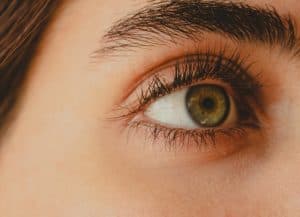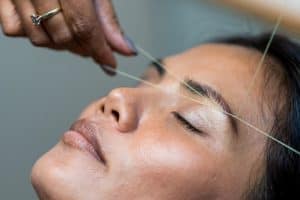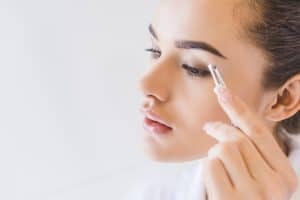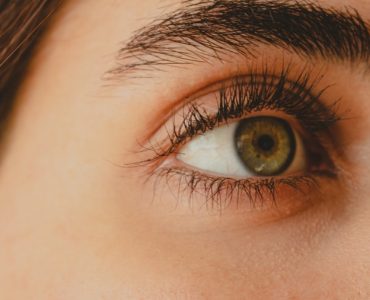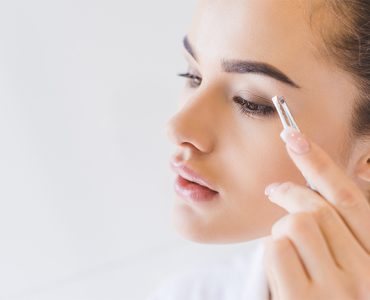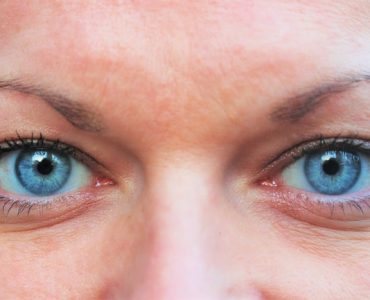Puffy eyebrows are a common condition that can affect both men and women of all ages. The condition is characterized by swollen, puffy brows that can cause the eyes to look tired and aged. While the exact cause of puffy eyebrows is unknown, there are several factors that can contribute to the condition. In some cases, puffy eyebrows may also be a sign of a more serious medical condition.
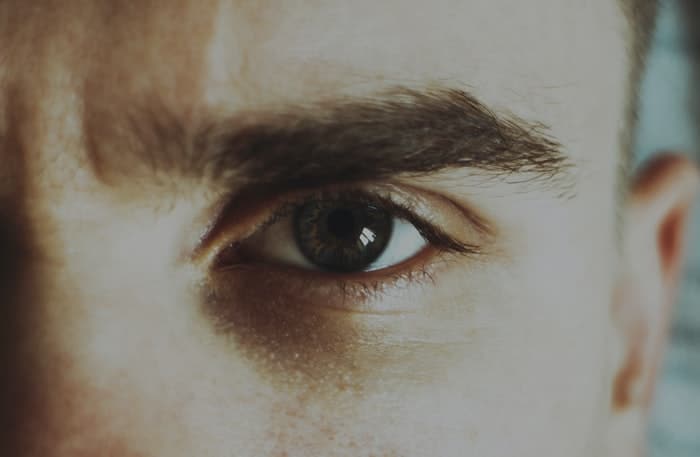
There are many reasons why people might have puffy eyebrows. In some cases, it can be a sign of a medical condition. But in many cases, it’s simply due to lifestyle choices or bad habits. Here are some of the most common causes of puffy eyebrows:
Sleeping on Your Stomach
Eyebrows are one of the most expressive features on your face. They can show a range of emotions, from surprise to anger. But did you know that the position you sleep in can also cause them to puff up?
When you sleep on your stomach, your face is pressed against the pillow, which can cause your eyebrows to puff up. This is because when you sleep on your stomach, the skin around your eyes is being squished for extended periods of time. This can lead to fluid accumulation and swelling, which will cause your eyebrows to look puffy.
Allergies
Eyebrows play an important role in facial expressions. They can help to convey emotions, such as surprise or anger. For some people, however, eyebrows can be a source of embarrassment, especially if they are puffy. Puffy eyebrows can be caused by a number of factors, including allergies.
Read This Next:
Allergies are caused by the body’s reaction to certain substances known as allergens. These allergens can include pollen, dust mites, and pet dander. When someone with allergies comes into contact with an allergen, their immune system mistakenly identifies it as a threat and produces antibodies to fight it off. This process can lead to a number of symptoms, including swollen eyes and forehead, and puffy eyebrows.
Genetics
Some people are born with naturally thin eyebrows, while others have puffy eyebrows. So, can puffy eyebrows be hereditary?
There isn’t a definitive answer to this question, as it depends on your genes and overall facial structure. If you have a rounder face with fuller cheeks, it’s likely that your eyebrows will also be full and bushy.
This is because the natural shape of your face affects the way your eyebrows grow. If you have a more angular face, your eyebrows will likely be thinner and less full.
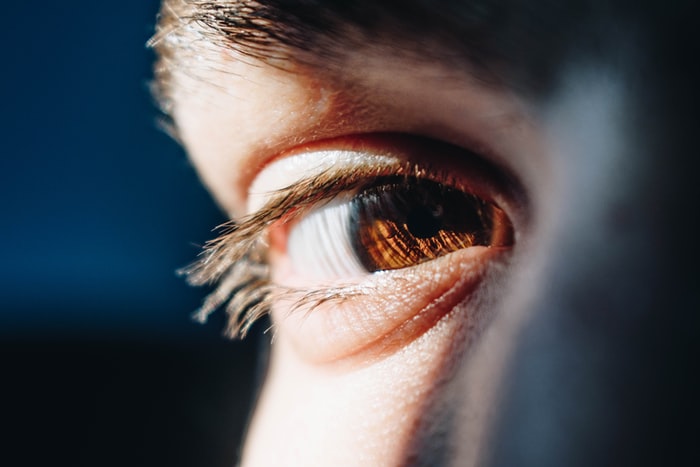
Read This Next:
Sinus Infection
Sinus infections are a common cause of puffy eyebrows. When the sinuses become inflamed, they can push fluid and mucus into the tissues around the eyes, causing them to swell. Other causes of puffy eyebrows include allergies, sun exposure, and sleeping with your head elevated. If you are experiencing puffiness around your eyes, see your doctor to determine the cause and receive treatment.
Eyelid Surgery
Surgical procedures are becoming more and common, with people opting for everything from a simple nose job to a full-blown face lift. While many people see great results from surgery, others find themselves dealing with some unexpected side effects. Puffy eyebrows are one such side effect, and can be a source of embarrassment for those who have them.
So what causes puffy eyebrows after surgery? The answer is not entirely clear, but it is thought that the swelling that occurs during surgery can cause the brows to puff up. In some cases, the swelling may be permanent, resulting in puffy eyebrows that are here to stay.
Age
There is no definitive answer to this question as everyone’s facial features are different. However, some people do claim that older people tend to have more puffy eyebrows. This may be due to a variety of factors, such as the natural effects of aging or sun exposure. In addition, the skin around the eyes may start to sag as we get older, which can cause the eyebrows to appear puffier.
If you are concerned about your puffy eyebrows, there are a few things you can do to try and reduce them. For example, you can use an eye cream or cold compress to help tighten the skin around your eyes. You may also want to avoid rubbing your eyes too much, as this can cause further puffiness.
Read This Next:
Poor Diet
If you’re like most people, you’ve probably experienced the occasional bout of water retention and bloating. And if you’re like most people, you probably don’t give it a second thought – except when it happens to your face. That’s because one of the most common places for water retention and bloating to show up is around your eyes, specifically in the form of puffy eyebrows.
While there are a number of reasons why your eyebrows might puff up, water retention and bloating are two of the most common culprits. And fortunately, both are relatively easy to combat.
To help reduce water retention and bloating, make sure to drink plenty of fluids (especially water) throughout the day, avoid salt-heavy foods, and eat plenty of fiber-rich fruits and vegetables.
Drinking Alcohol
If you’ve ever indulged in a few too many cocktails and found yourself with puffy, swollen eyes the next morning, you’re not alone. Alcohol is a diuretic, which means it causes you to expel more water than you take in. This can lead to dehydration, which often results in swollen eyes and other symptoms like headaches and fatigue. To avoid this, make sure to drink plenty of fluids before and after drinking alcohol, and if possible, avoid drinking too much altogether.
Irritation from Plucking
Many people pluck their eyebrows as a way to keep them looking neat and tidy. However, plucking can often lead to irritation and puffiness around the eyebrow area. This is because when you pluck your eyebrows, you are essentially pulling out hairs by the roots. This can lead to inflammation and redness, especially if you pluck too often or pull out too many hairs at once.
Conclusion
In conclusion, there are several things that can be done to reduce puffiness around the eyes. Eye masks, cucumbers, and cold compresses are all effective methods. Additionally, avoiding salt and drinking plenty of water can help. Finally, getting enough sleep is crucial for maintaining healthy eyes.


